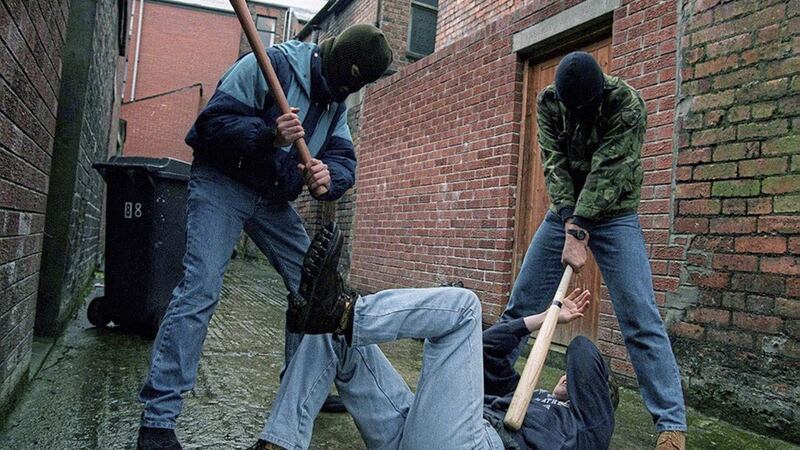Baroness Arlene Foster famously said she was “accountable but not responsible” for the behaviour of her one-time special adviser Andrew Crawford, who shared information about the RHI scheme with poultry farmer family members.
The former DUP leader similarly insisted that as economy minister she could not be expected to be “across every jot and tittle” of her brief.
It’s safe to say that the newly-appointed chair of Intertrade UK doesn’t take criticism on the chin and has a reputation for tetchiness, rather than grace, under pressure.
There was therefore an expectation that we’d get regular flashes of the irreproachable Baroness Foster as she appeared at the Covid Inquiry.
The previous day’s evidence from Michelle O’Neill had provided a taste what could be expected in terms of the direction and style of questioning from counsel for the inquiry Clair Dobbin KC.
The former pupil of St Louise’s Comprehensive in west Belfast has a restrained, understated manner that lulls the witness into a false sense of security. Never aggressive or badgering, her questioning doesn’t so much skewer the witness as leave them wondering how they were ensnared by such an ostensibly innocuous and gentle line of examination.

Baroness Foster appeared live to this tactic, while also of her own capacity to be thin skinned. Accordingly, the first minister-turned-GB News presenter initially appeared relaxed and amiable.
She described the pandemic as the “most difficult period of her political career” and voiced regret that the speed and scale with which the virus took hold had not been anticipated.
“Wrongly, we felt we had time, and we didn’t have time. And that’s a source of great regret,” she said.
However, as counsel laboured on Stormont’s lacklustre response to the arrival of coronavirus, it didn’t take long for her to return to type.
After explaining the situation in March 2020, the then first minister was asked by Ms Dobbin to give a ‘yes or no’ response to whether she’d made enquiries about testing capacity.
A tetchy Baroness Foster declined and said curtly: “That’s the answer I have given.”
When pressed again on how Stormont was ill-prepared for the pandemic and how she had discharged her responsibilities as leader of Northern Ireland’s government, the former DUP leader conceded that there was too much reliance on briefings from the health minister.
“That’s not an answer,” said Ms Dobbin.
“Well it is answer – it’s the answer I’m giving to the inquiry,” Baroness Foster said.
The tone for the remainder of her evidence was effectively set, including her response to counsel’s assertion that the executive sleepwalked into the pandemic as “frankly offensive”.
In a similar vein to Michelle O’Neill, the former first minister’s strategy was to deflect criticism and blame Stormont’s cumbersome structures, rather than accept personal responsibility.
Her reasoning for not challenging Edwin Poots’ remarks about a higher incidence of Covid cases in nationalist was that it would have led to them gaining greater traction was unconvincing though there appeared to some truth in the claim that colleagues had urged her hit the “nuclear button” following the Bobby Storey funeral.
Nobody has suggested the pandemic was Stormont’s finest hour but the more information that emerges the greater the picture of dysfunction and disunity. Knowing what we know now, it’s easy to conclude that we came through the pandemic by a combination of public determination and sheer luck.









